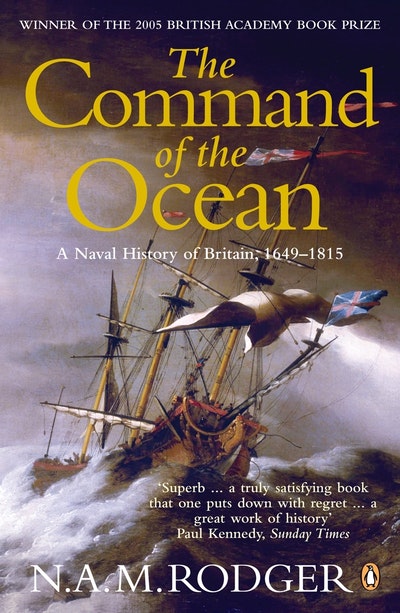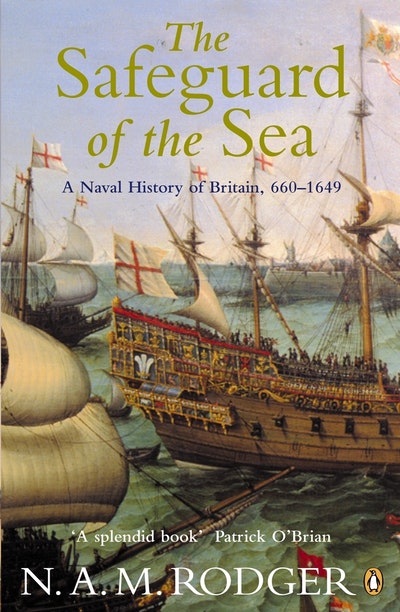- Published: 25 August 2026
- ISBN: 9780140288971
- Imprint: Penguin Press
- Format: Paperback
- Pages: 976
- RRP: $45.00
The Price of Victory
A Naval History of Britain: 1815 – 1945
- Published: 25 August 2026
- ISBN: 9780140288971
- Imprint: Penguin Press
- Format: Paperback
- Pages: 976
- RRP: $45.00
Praise for THE COMMAND OF THE OCEAN: I have never reviewed a book that has given me more pleasure … a masterpiece
Kevin Myers, Mail on Sunday
Praise for THE COMMAND OF THE OCEAN: A great work of history … A truly satisfying book that one puts down with regret … Nothing written during the past century, perhaps ever, approaches N. A. M. Rodger’s ambitious and masterly three-volume Naval History of Britain … it is likely to be regarded as one of the greatest works of historical scholarship of our age
Paul Kennedy, The Sunday Times
Praise for THE COMMAND OF THE OCEAN: Magisterial … triumphantly succeeds in moving the Royal Navy back to centre-stage in our islands’ story
Andrew Roberts, Sunday Telegraph
Praise for THE COMMAND OF THE OCEAN: Quite outstanding
Sir Michael Howard, The Times Literary Supplement, Books of the Year
The Price of Victory is the third and final volume of Rodger’s great history of British sea power. It covers a period of astonishing modernisation from just after Nelson to the end of the Second World War. Sail is replaced by steam; timber by steel; "rum, sodomy and the lash" and the press gang give way to a volunteer Navy, albeit one whose officers are lacking until training becomes more sophisticated. Rodger stresses the paradox that early 19th-century statesmen "were at pains to avoid" the idea of empire, yet the empire was what the Navy helped to build and secure. Submarines and the Fleet Air Arm arrived, and by the 1940s the Navy could act effectively with American allies in the Pacific – and to defend Britain in the Battle of the Atlantic.
Simon Heffer, Telegraph, Book of the Year




